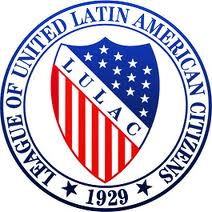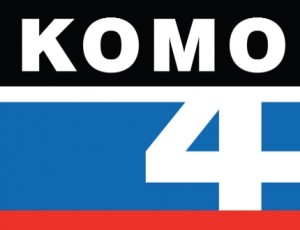 In a welcome turn of events, the League of United Latin American Citizens (LULAC), which has routinely turned up as a member of Big Telecom-backed astroturf campaigns and takes money from AT&T, has come together with Latinos for Internet Freedom to issue a joint statement calling on the Federal Communications Commission to adopt equal Net Neutrality policies for wired and wireless broadband services.
In a welcome turn of events, the League of United Latin American Citizens (LULAC), which has routinely turned up as a member of Big Telecom-backed astroturf campaigns and takes money from AT&T, has come together with Latinos for Internet Freedom to issue a joint statement calling on the Federal Communications Commission to adopt equal Net Neutrality policies for wired and wireless broadband services.
“Although we disagree on some of the components of the proposed network neutrality regulations, there is one point on which we are in lock step: the FCC’s network neutrality rules must apply equally to wireline and wireless internet access. Of course we understand that what is ‘reasonable network management’ may be slightly different over different types of connections. Cost is the primary barrier to broadband adoption, and Latinos are turning to their mobile phones as their only onramp to the internet. We are committed to finding ways to lower broadband costs by increasing competition through wireless access and other means. It is therefore essential that the FCC ensures that users of wireless and wireline services are protected by its openness rules.”
Of course, broadband providers’ demands for deregulation and unified opposition to Net Neutrality have never delivered and will never provide cheaper Internet service to anyone. In fact, the court ruling that eliminated the FCC’s authority over broadband gave providers nearly a year of a wide open marketplace, yet many providers are now sending out notices they are -increasing- broadband prices for subscribers. Net Neutrality has never been enforced against wireless networks either, and as a result most either usage cap, throttle, or charge enormous overlimit fees for users deemed to be “using too much.”
Increased competition can bring lower prices, but only if it extends well beyond today’s duopoly. In areas where one provider is likely to maintain a de facto monopoly, effective oversight is required to ensure consumers receive adequate service at fair prices.
Still, it is a surprising and welcome change to see LULAC recognizing the true nature of broadband access for many economically-challenged Americans, especially in minority communities where unemployment continues to be catastrophic. Some consumers are finding prepaid wireless broadband service to be one way onto the Internet, yet Big Telecom has sought to keep those networks exempt from any Net Neutrality consumer protections. That cannot be allowed to happen.
[flv width=”640″ height=”380″]http://www.phillipdampier.com/video/Verizon vs. Latinos for Internet Freedom.flv[/flv]
Watch these two competing spots from Verizon and the Latinos for Internet Freedom. One is self-serving and a tad condescending, the other calls for a free and open Internet where individuals get a level playing field to tell their own stories and live their own lives without fear or special favor. (2 minutes)


 Subscribe
Subscribe





